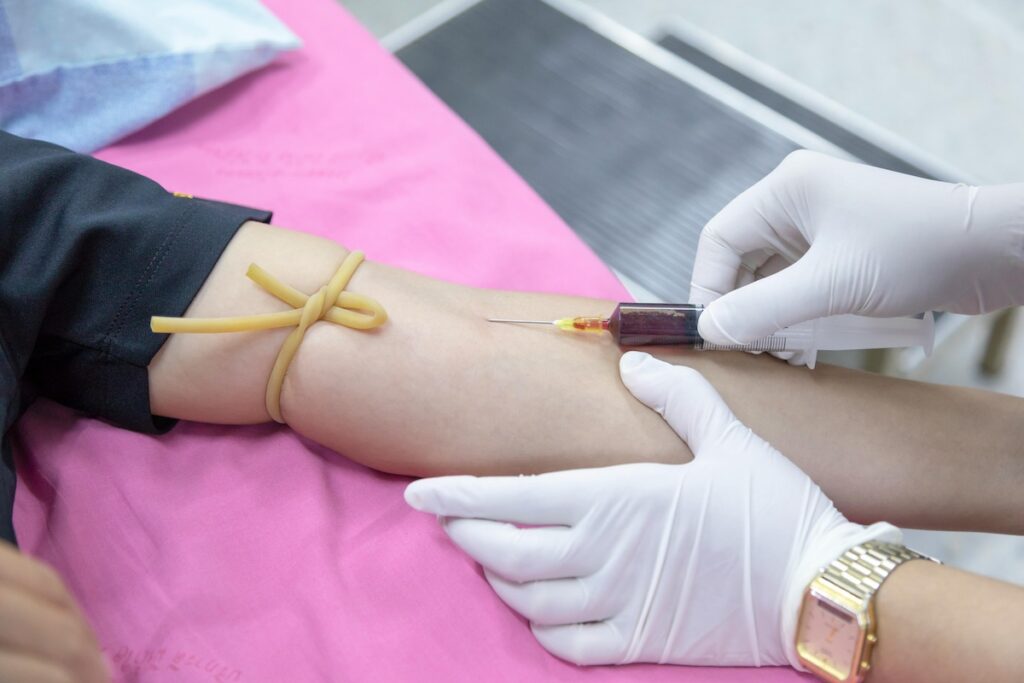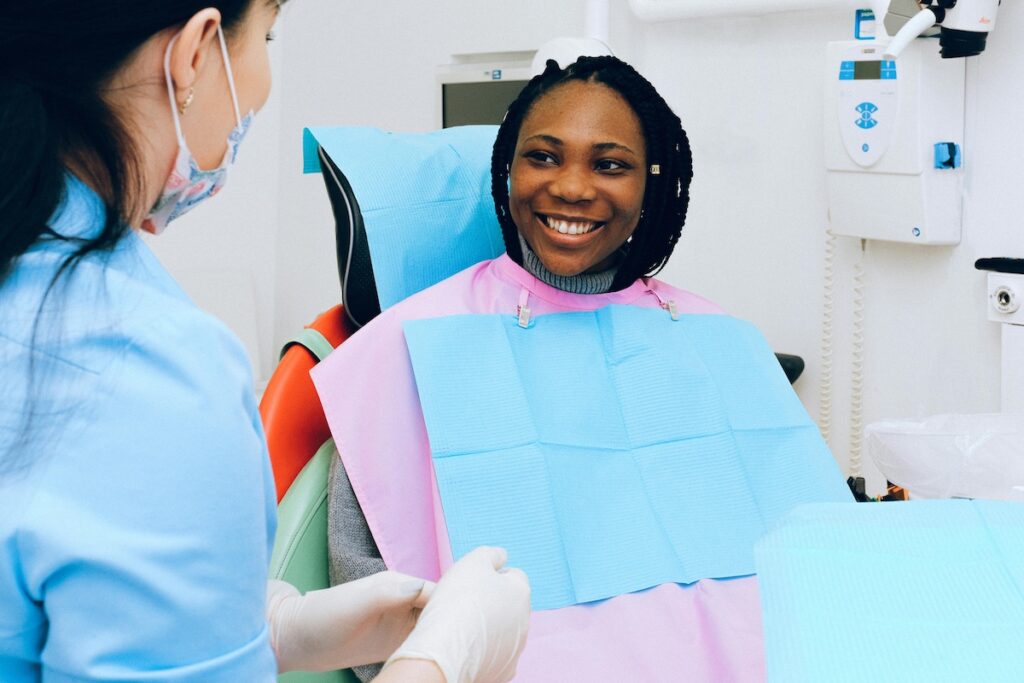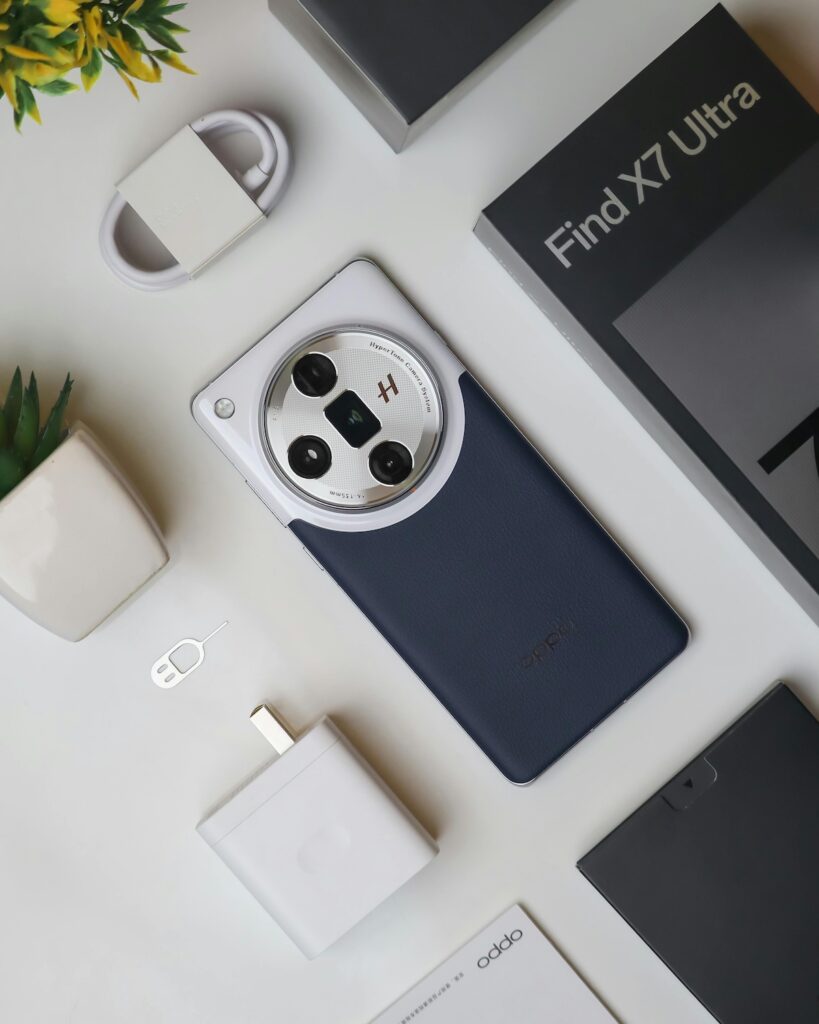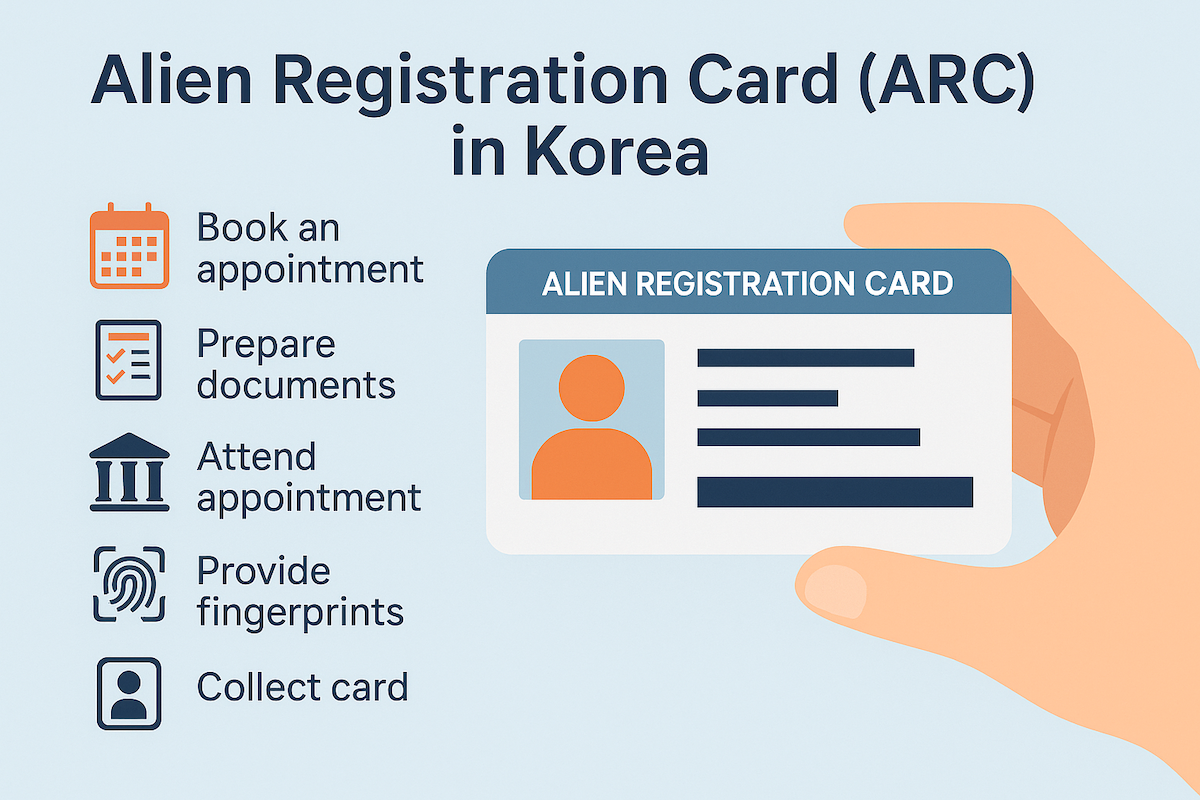✨ Introduction
Finding a place to live in Korea is one of the first challenges many foreigners face when moving here for work, study, or long-term travel. Unlike some countries where you simply pay monthly rent, Korea has its own unique system of jeonse (전세) and wolse (월세) that can feel confusing at first.
This guide explains everything foreigners need to know about renting in Korea: how the housing system works, what legal documents are required, what deposit you need to prepare, and how to avoid common mistakes. By the end, you’ll feel more confident walking into a real estate office and signing your first Korean housing contract.
🏡 Types of Housing in Korea
Jeonse (전세)
- A unique Korean housing system where tenants pay a large lump-sum deposit (often 50–70% of the property’s value) to the landlord.
- No monthly rent, only utilities.
- At the end of the contract (usually 2 years), the landlord must return the full deposit.
Pros: No monthly rent, stable living for two years.
Cons: Requires huge capital upfront, risk of deposit fraud if not registered properly.
Wolse (월세)
- Similar to monthly rent in other countries.
- You pay a smaller deposit (usually 5–10 million KRW) plus monthly rent.
- More flexible and common for foreigners.
Pros: Lower upfront cost, easier to manage.
Cons: Ongoing monthly payments, sometimes higher total cost than jeonse.
Short-term Housing
- Goshiwon (고시원): Small, budget rooms for students or temporary stays.
- Officetel: Studio apartments popular with expats and professionals.
- Airbnb / Monthly rentals: More expensive, but convenient for shorter stays.
📝 Documents and Requirements for Foreigners
Alien Registration Card (ARC)
- To sign a rental contract, most landlords and real estate offices require an Alien Registration Card (외국인등록증).
- Without an ARC, long-term contracts are very difficult.
Passport and Visa
- If you don’t yet have an ARC, short-term rentals (Airbnb, serviced apartments) are the best option.
- Some officetels may accept just a passport if you can show visa duration.
Korean Bank Account
- Needed to transfer deposits and pay rent.
- Most landlords require rent to be paid via Korean bank transfer, not cash.
💰 Deposits and Key Money Explained
Key Money (보증금)
- Every contract, whether jeonse or wolse, requires a deposit.
- Even small studios may ask for 5 million KRW as deposit.
- This money is refundable, but only if the contract is legal and properly registered.
Monthly Rent + Deposit Negotiation
- In Korea, deposit and monthly rent can be negotiated.
- Example:
- Higher deposit → Lower monthly rent.
- Lower deposit → Higher monthly rent.
🏢 How to Find an Apartment
Real Estate Agencies (부동산 중개소)
- Look for 공인중개사 (licensed agents) with a visible sign.
- They can show multiple apartments in the neighborhood.
- Fees: Usually 0.3–0.9% of annual rent (regulated by law).
Online Platforms
- Zigbang (직방) and Dabang (다방) apps are widely used.
- Listings often in Korean, but some agents provide English service.
Word of Mouth
- University international offices or expat communities often help new arrivals find housing.
⚖️ Legal Protections for Foreign Renters
Housing Lease Protection Act (주택임대차보호법)
- Protects tenants’ rights in Korea.
- Key provision: tenants can request a two-year contract minimum.
Lease Registration
- Always register your contract at the district office (주민센터).
- This ensures legal protection of your deposit.
확정일자 (Hwakjeong Ilja – Certified Date)
- A stamp from the local office proving your contract date.
- Crucial for protecting your deposit in case the landlord defaults.
📌 Reference: Korean Housing Lease Protection Act (국토교통부)
🚨 Common Risks and How to Avoid Them
- Deposit Fraud (전세 사기): Check if the landlord truly owns the property (real estate agent can confirm via 등기부등본).
- Unlicensed Agents: Only work with 공인중개사.
- Verbal Promises: Always insist on written contracts.
🧭 Practical Tips for Foreigners
- Start with short-term housing (Airbnb or officetel) until you get your ARC.
- Bring a Korean-speaking friend or translator when visiting real estate offices.
- Negotiate deposit and rent flexibly.
- Always register your lease at the 주민센터.
- Ask about utility bills (gas, electricity, maintenance fee).
🌍 Case Examples
- Student: Monthly rental near university dorms, wolse with 5 million KRW deposit + 400,000 KRW monthly.
- Working professional: Officetel near Gangnam, wolse with 10 million KRW deposit + 900,000 KRW monthly.
- Family: Apartment with jeonse, 200 million KRW deposit, no monthly rent.
✨ Conclusion
Renting in Korea may feel overwhelming at first, but with the right preparation, foreigners can find safe and affordable housing. Understand the jeonse and wolse systems, always register your lease, and never hesitate to ask questions at the 부동산. With these steps, you’ll have peace of mind while living in Korea.





